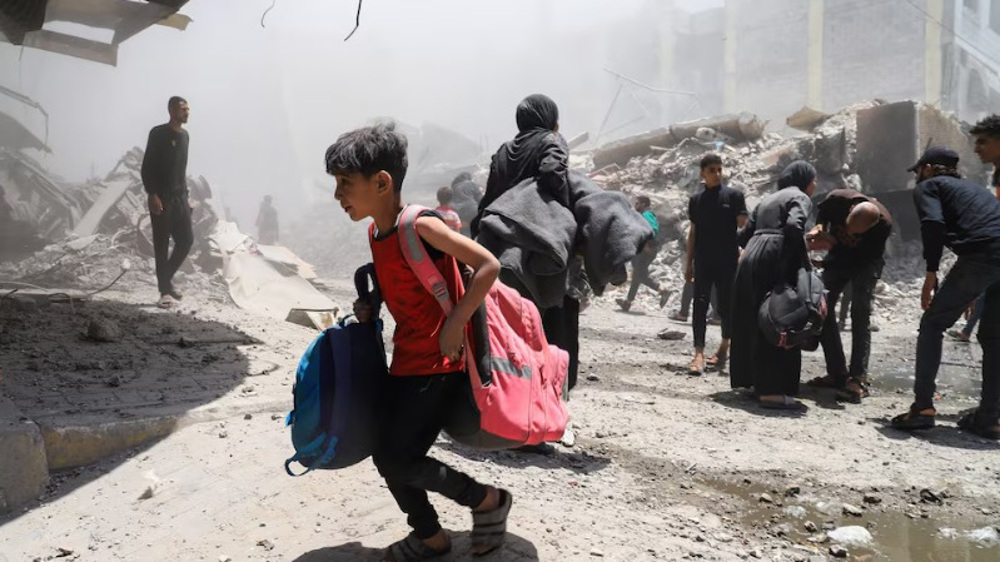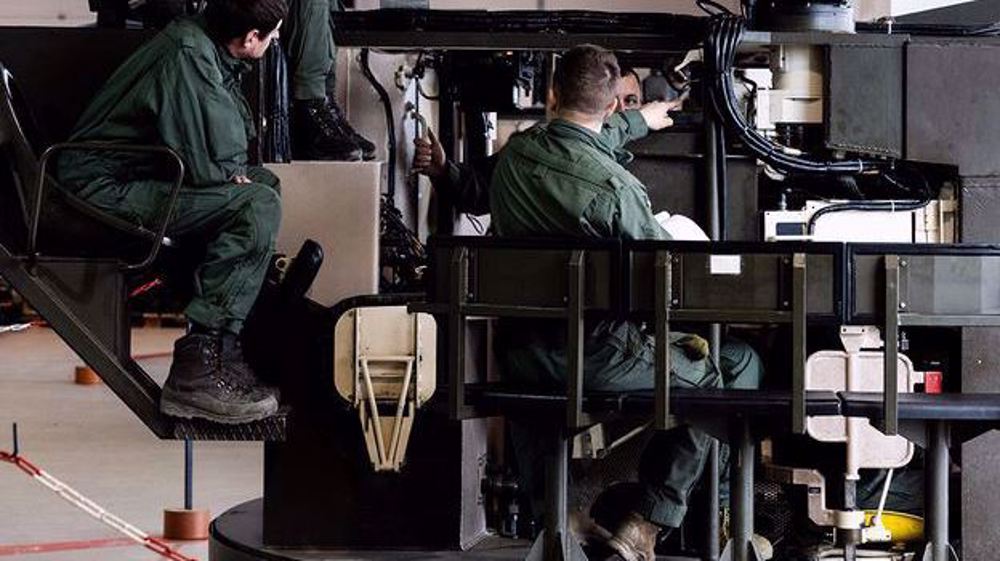EU expected to ban non-essential travel to bloc for 30 days
Jerome Hughes
Press TV, Brussels
A rising number of EU nations are imposing border restrictions as concern surrounding the coronavirus pandemic grows. The bloc's executive arm, the European Commission, is worried that transport lorries are being caught up in long traffic jams as a result.
It's reported Donald Trump attempted to gain exclusive access to a COVID-19 vaccine from German biopharmaceutical firm CureVac.
Ursula Von der Leyen and her EU Council counterpart, Charles Michel, took part in a G7 video conference on Monday. This involves the leaders of the US, Canada, Japan, Germany, France, Italy, and the UK. They were asked if the vaccine controversy was raised with Trump. The answer was no.
Besides only China and Italy, Iran has the world's biggest coronavirus problem.
Also on Monday, the eurozone's 19 finance ministers held a video conference to discuss the crisis. They talked about the need for better coordination and cooperation between member states.
Up to now, EU nations have been making key decisions unilaterally, giving the impression there is little cohesion and solidarity within the bloc.
EU leaders will hold a video conference on Tuesday evening during which they are expected to agree on a ban on all non-essential travel to the EU for a period of 30 days. For now, at least it seems the 27-nation bloc is becoming more introspective.
In an attempt to ensure that member states have adequate supplies, the European Commission has just adopted an emergency measure to prevent the sale outside the EU of protective equipment for healthcare workers.
Clearly, even amid this unprecedented crisis, some firms are trying to make a fast buck, selling to the highest bidder, rather than choosing to do the right thing.

Barcelona ends 'friendship agreement' with Tel Aviv over Gaza war

Spain, Finland decry Israel’s expansion of West Bank settlements

NATO rearmament could increase emissions by 200mn tonnes a year: Study
VIDEO | Press TV's news headlines
Yemeni ballistic missile hits Israel's Ben Gurion airport
VIDEO | Gaza charity event held in Austria
VIDEO | Giro d'Italia wraps up amid protests against participation of Israeli cycling team
Ukraine launches major drone strike on Russian airbases
Iraq says US sanctions blocking Turkmenistan's gas flow via Iran
Hamas condemns US envoy’s ‘blatant disregard’ for Palestinian rights
VIDEO | Press TV's news headlines






 This makes it easy to access the Press TV website
This makes it easy to access the Press TV website